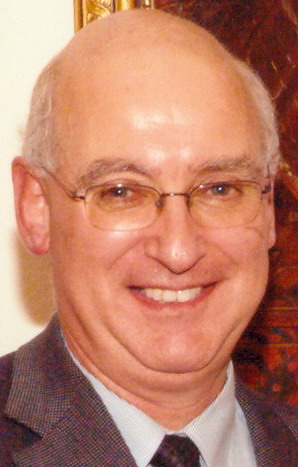DIRE DAWA - AFTERTHOUGHTS
Nearly half way through and back in Addis.
What I saw at Dire Dawa encapsulates the full breadth of CAFOD’s work.
At the very basic level I saw the devastation caused by last August’s flash flood and the efforts now being made to rehouse those affected so they can begin to rebuild their lives. This work builds on the urgent help provided just after the emergency with the provision of food, water and shelter. This is immediate emergency relief followed by returning people to a similar position to that which they had before the disaster.
Next I saw projects (similar to those in Tigray last year) aimed at conserving water, ensuring fresh supplies for drinking and enabling the successful production of a greater range of crops giving people a more assured income. This is longer term aid aimed at helping poor people to improve their own livelihoods in a sustainable manner.
Finally I saw how a very low-cost pilot project will allow people to build their own business skills, identifying and building new markets for their products thus potentially cementing their long term comfort and well-being. When its success is assured the time will have come for Agencies like CAFOD to allow these people, by their own efforts and spirit of enterprise to fend completely for themselves. They won’t have our lifestyle, but I suspect they wouldn’t want it. But they will no longer have a daily struggle to survive. For them, barring catastrophes, either natural or man made, poverty will be history.
THURSDAY 4th MAY - TOMATO GROWERS AND MILK LADIES
Another ‘field trip’- more indescribable scenery; driving across the flood plains created by last August’s disaster; a puncture repaired by the driver in 10 minutes (thank goodness we only had the one!); the usual gathering of people (many children) wherever we stopped; the haggard but smiling faces of everyone we met.
I met Ahmed Mussa, a farmer who, 5 years ago, switched from the staple crop of sogrum (one crop a year) to tomatoes and potatoes (3 crops a year). He chairs a co-operative of 20 similar farmers. Their produce is sold locally in Dire Dawa. Recently they have sold further east, including Djbouti, however the transport costs made this unprofitable. They need more demand and hence will fully support the production of tomato paste and ketchup ‘transformational products’. The production will be timed to coincide with the highest harvest where the raw product will be cheapest. The pilot project for this demand generation approach will measure the impact on farmers like Ahmed.
I met a group of women who produce milk and take it in turns to do the daily run to market in Dire Dawa. Their cattle produce about 2 litres of milk a day which gives them about 35p income. Their challenge is to raise this yield by at least twice to lift them off the poverty line. The answer lies in feeding the cows better forage. HCS have a project to develop better quality forage, producing seeds for distribution.
I was with the women some time as more and more people gathered. During the long period when all talk was in Amharic I started comparing their pre-occupation with forage quality (and they were very animated about it) with what pre-occupies most of us – can we afford to go on holiday to the Caribbean this year? – is it time for some new pairs of shoes? - will my next car be a BMW or a Toyota? – shall we eat out tonight or have a takeaway? – when will I get my next promotion? I could go on, but I’m just as guilty as the rest of us in this respect, so I’ll stop there!



0 Comments:
Post a Comment
<< Home